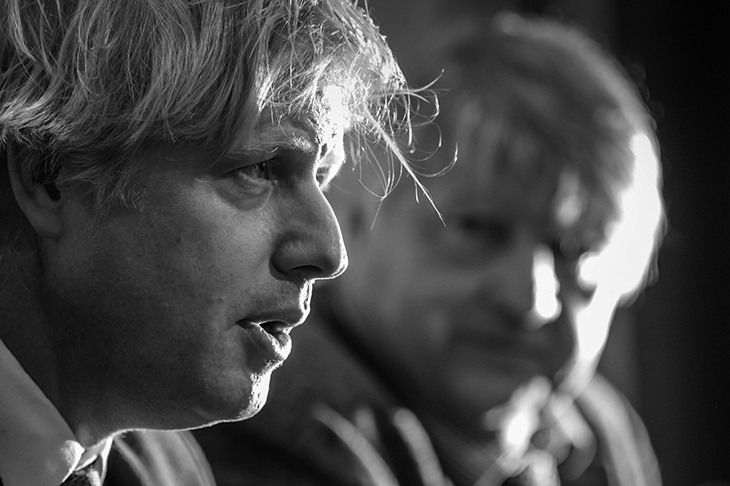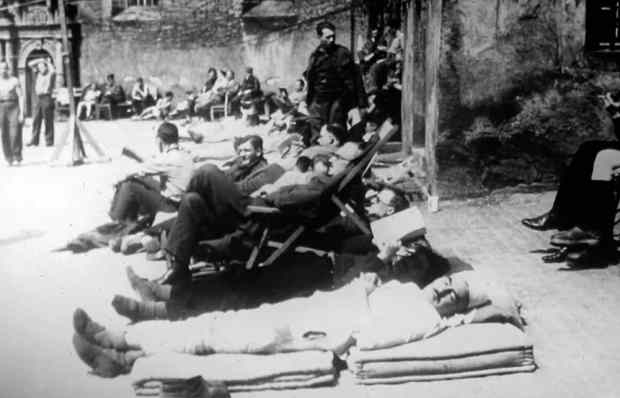Tom Bower explains in his acknowledgements that this is not an authorised biography and he did not seek Boris Johnson’s co-operation. Instead, he followed his usual biographical method of interviewing well over 100 people who knew Boris, some named, some not. Obvious sources are his mother Charlotte, his sister Rachel, his first wife Allegra, his long-serving mistress Petronella Wyatt, but not his second wife Marina, nor his current fiancée Carrie Symonds.
Already a subscriber? Log in
Subscribe for just $2 a week
Try a month of The Spectator Australia absolutely free and without commitment. Not only that but – if you choose to continue – you’ll pay just $2 a week for your first year.
- Unlimited access to spectator.com.au and app
- The weekly edition on the Spectator Australia app
- Spectator podcasts and newsletters
- Full access to spectator.co.uk
Or
Unlock this article
You might disagree with half of it, but you’ll enjoy reading all of it. Try your first month for free, then just $2 a week for the remainder of your first year.














Comments
Don't miss out
Join the conversation with other Spectator Australia readers. Subscribe to leave a comment.
SUBSCRIBEAlready a subscriber? Log in